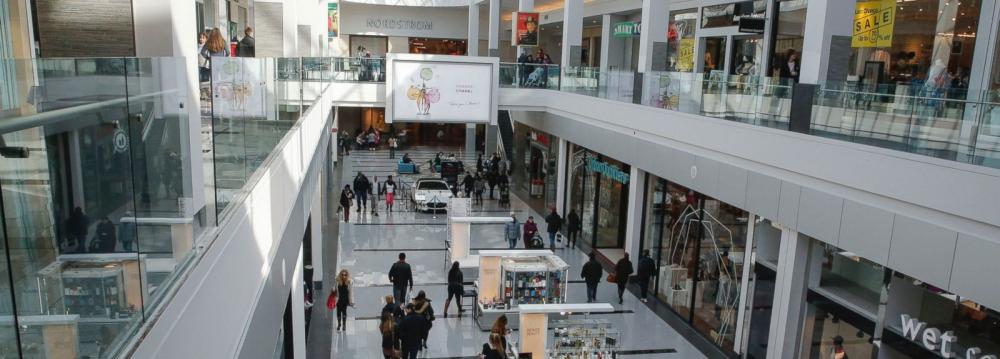An escalation of ongoing US trade disputes poses a “consequential downside risk” to the American economy, which will make the job of the central bank more challenging, the US Federal Reserve warned.
The United States has imposed tariffs on hundreds of products, mostly from China, which Fed members say already have raised prices and could pressure inflation further, according to the minutes of the July 30-August 1 meeting, when the Fed left lending rates unchanged, Brinkwire reported.
The Fed is widely expected to hike the federal funds interest rate in September and again in December, following increases in March and June.
“Many participants suggested that if incoming data continued to support their current economic outlook, it would likely soon be appropriate to take another step,” the minutes said.
However, the minutes again showed Fed officials’ concern about the impact of trade disputes with China and other trading partners on US businesses, causing higher prices for necessary inputs and uncertainty that leads to delayed investments.
It is not the first time central bankers have expressed concern over the consequences of the aggressive trade policies pursued by President Donald Trump but it was expressed in stronger language than previously.
All participants in the fed meeting “pointed to ongoing trade disagreements and proposed trade measures as an important source of uncertainty and risks.” In addition, most said “an escalation in international trade disputes was a potentially consequential downside risk for real activity,” according to the minutes.
A large-scale and prolonged dispute likely would adversely impact business sentiment, investment spending and employment, the officials warned. “Moreover, wide-ranging tariff increases would also reduce the purchasing power of US households.” The agriculture sector has been hurt by falling crop prices, partly due to the trade battles, the Fed said.
Economy to Slow
US economic growth will slow steadily in coming quarters after touching a four-year high in April-June, according to a Reuters poll of economists, who expect Trump’s trade war to inflict damage.
Boosted in part by $1.5 trillion of tax cuts passed late last year, the US economy expanded at an annualized rate of 4.1% in the second quarter, its strongest performance in nearly four years.
But the latest poll of more than 100 economists taken Aug. 13-21 showed they all expect the US economy to lose momentum and to end next year growing at less than half that rate.
The US economy was forecast to grow 3% in the current quarter and 2.7% in the next, a slight upgrade from the previous poll. But the short-term boost to growth from tax cuts was expected to wane. Economists trimmed their growth projections across most quarters next year leaving the outlook broadly unchanged and vulnerable to the trade conflict with China.
“The trade measures taken by the US so far and the retaliation by foreign governments will probably slow down the economy,” noted Philip Marey, senior US strategist at Rabobank. “However, that could change in the case of a global trade war in which a range of foreign countries take protectionist measures aimed at the US, which is after all the party that is trying to change the status quo.”
Nearly two-thirds of 56 economists who answered an extra question said they have considered the impact of Trump’s expanding trade war in their US growth predictions. That was a nearly identical proportion to a poll of economists covering the eurozone published on Wednesday.
The remaining 20 said the trade dispute has had no influence on their forecasts but underscored the downside risk if trade tensions deepen.
“At this time, with what we know and believe will occur, we acknowledge that risk to the outlook is to the downside with the trade disputes. That said, we have not substantially lowered our US GDP growth outlook. Further deterioration and eventual performance could certainly change our outlook, however,” said Sam Bullard, senior economist at Wells Fargo.
While Trump has said these trade tariffs will benefit the US economy, no economist polled by Reuters shared that view.
While the consensus suggests a slowdown in the world’s largest economy starting next year, only one of over 100 economists polled predicted an outright recession in 2020.
The poll gave a one-in-three chance of a US recession in the next two years, a slight downgrade from a 35% probability of that happening in the previous poll.


